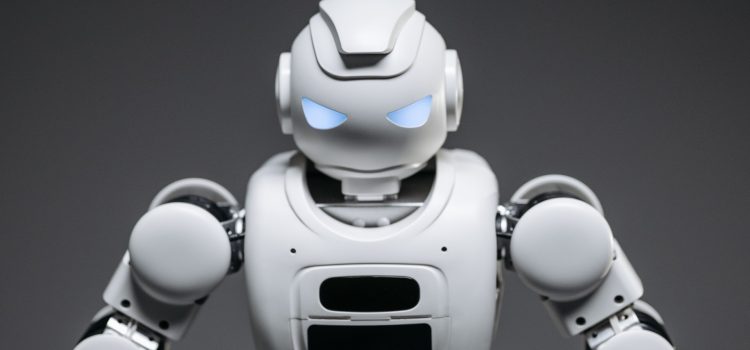
Artificial intelligence (AI) has made significant strides in recent years, and many industries have started incorporating it into their operations to increase efficiency and reduce costs. One of the industries where AI has had a profound impact is the voiceover industry, which has traditionally relied on human voice actors to narrate everything from commercials to audiobooks.
While AI-generated voices have been around for a while, they were mostly limited to robotic-sounding voices that lacked the naturalness and warmth of human voices. However, recent advances in AI technology have made it possible to generate voices that sound remarkably like humans, with inflections, accents, and even emotions.
This has raised concerns among many human voice actors who worry that their livelihoods are at risk. After all, if AI can generate voices that are virtually indistinguishable from humans, why would anyone pay for human voiceover talent?
The impact of AI-generated voices on the voiceover industry has already been felt. For example, in 2020, the BBC used an AI-generated voice to narrate a news segment, marking the first time that a major news network had used an AI-generated voice for this purpose. Similarly, in 2021, the Audiobook Creation Exchange (ACX), which is owned by Amazon, introduced an AI-powered tool that allows authors to create audiobooks using AI-generated voices.
While some argue that AI-generated voices will never be able to replace human voice actors, others believe that they are a viable alternative that can save time and money. For example, if a company needs to produce a large number of voiceovers quickly and cost-effectively, AI-generated voices can be a useful solution.
However, there are also concerns that AI-generated voices could perpetuate stereotypes and biases. Since AI is only as unbiased as the data it’s trained on, there is a risk that AI-generated voices could inadvertently perpetuate gender or racial stereotypes, for example.
Furthermore, there are ethical concerns surrounding the use of AI-generated voices for deepfakes. Deepfakes are synthetic media that use AI to superimpose a person’s face or voice onto another person’s body or voice. While deepfakes can be used for harmless purposes like creating funny memes, they can also be used for malicious purposes like spreading fake news or defaming individuals.
To address these concerns, some companies are developing ethical guidelines for the use of AI-generated voices. For example, the International Association of Professional Translators and Interpreters (IAPTI) has developed a set of ethical guidelines for the use of AI in the translation and interpretation industries.
In conclusion, the rise of AI-generated voices is disrupting the voiceover industry, and while there are certainly benefits to using this technology, there are also concerns that must be addressed. As with any new technology, it’s important to strike a balance between innovation and ethics to ensure that the impact of AI-generated voices is positive for everyone involved.









